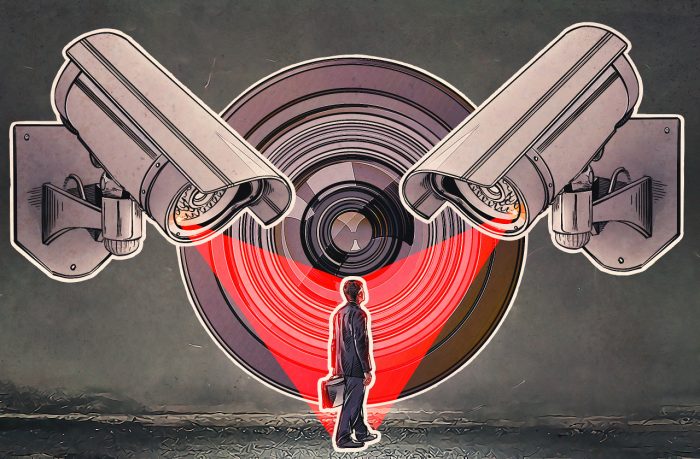
A Trojan from Google ads
You can catch a Trojan even if you visit only legitimate websites. This post explains how it happens and what you should do to protect yourself.
440 articles

You can catch a Trojan even if you visit only legitimate websites. This post explains how it happens and what you should do to protect yourself.

FAQ about ransomware: types, origins, dangers, and how you can stay safe


Three months in, we report on the development of No More Ransom and the goals we’ve already achieved.

Everything you need to know about mobile banking Trojans and how to fight them.

Kaspersky Lab’s David Emm shares some security concerns he has about Facebook Marketplace.


Using the Machine-Readable Threat Intelligence Platform fits well with our general position on security: multilayeredness everywhere.

Fantom ransomware displays a fake Windows Update screen while encrypting your files.

Some Android Trojans can write reviews and rate apps on behalf of users, but without their consent.

What lessons can businesses learn from the story of our investigation of the activity of the Lurk gang?

Powerful chatbots can replace real-life communication — and take over the world.

One Instagram post with a picture of a ticket can cost you a whole lot of time and money and ruin your day. This is how you can avoid it

Lynch law, loss of basic privacy, disgusting marketing, digital identity theft — how else can facial recognition be misused?

Short-term rental sites are great for travelers and homeowners. The Wi-fi? Maybe not so much.

Kaspersky Lab has patented technology that can disarm Adobe Flash exploits using special detection technology.

How to keep your money and data safe during the 2016 Olympics: All of the risks you need to know about, in one post.

Kaspersky Lab experts checked industrial control systems for vulnerabilities and found lots of them.

Ranscam deletes your files and then demands ransom to restore them, or it will delete them. Yes, in that order.

New ransomware called Satana encrypts your files and blocks the operating system from booting.

Any USB device can potentially be zombified and turned into a secret agent for cybercrooks. The world needed a shield against this threat, so we rolled up our sleeves and created one.